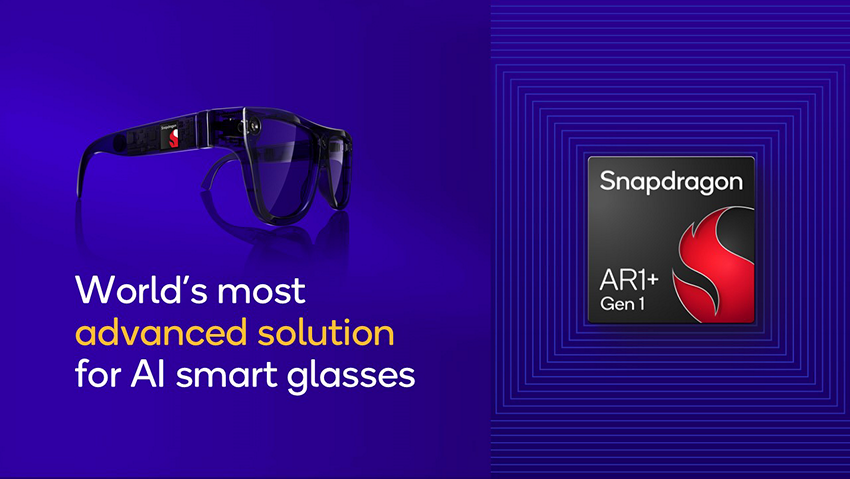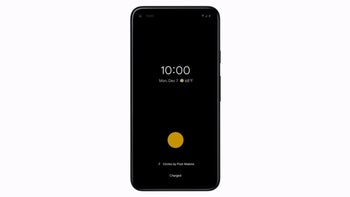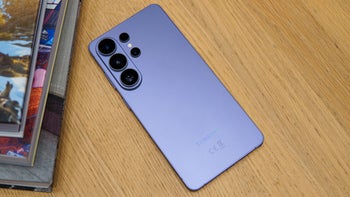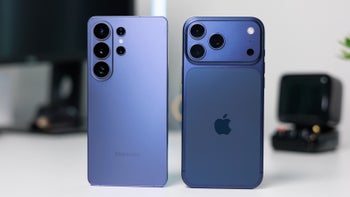Qualcom demos new processor for AI-powered smart glasses
Qualcomm demonstrates its new processor for AI-powered augmented reality smart glasses.

If AI-driven augmented reality smart glasses replace smartphones eventually, as many expect, Qualcomm would expect to be negatively impacted. Sales of its smartphone chips would be reduced and in theory, Qualcomm's stock price would follow. However, there is something that the San Diego-based fabless chip designer is doing that will not only reduce the negative effect of slower phone sales but should lead to rapidly growing sales of processors for a hot new product.
At the Augmented World Expo trade show, Qualcomm demonstrated its new Snapdragon AR1+ Gen 1 processor powering a pair of AR smart glasses. The processor allows AI to run on the glasses without requiring an internet connection or having the glasses sync with a phone. For example, Ziad Asghar, a Qualcomm Senior Vice President, used the smart glasses to speak with an AI-powered digital assistant powered by the new Qualcomm chips.
The Snapdragon AR1+ Gen 1 is 26% smaller than the previous generation. The new chip will deliver enhanced image quality, size, power improvement and the ability to run Small Language Models.

Qualcomm introduces the new Snapdragon AR1+ Gen 1 processor for smart glasses. | KImage credit-Qualcomm
The digital assistant was connected to the glasses on-device, not through the cloud or a nearby phone. As the Qualcomm executive wrote in a blog post, "No phone. No cloud. Just the processor powering the glasses themselves." Qualcomm hopes that the smaller, energy-efficient chips help take smart glasses from their current role as an accessory for the smartphone to a starring position as a smartphone replacement that can do it all as the wearable device becomes more mainstream.
Currently, Qualcomm chips are used on Meta's Ray-Ban glasses. Other headsets and glasses that rely on Qualcomm components include Lenovo Group Ltd.'s A3, Sony Corp.'s Spacial HMD, Microsoft Corp.'s HoloLens 2, and the Vive Flow from HTC. One issue that AI-driven AR smart glasses face is how manufacturers can feed such a power-hungry device while keeping them lightweight and small enough for users to wear on their faces for hours at a time. If these glasses are expected to eventually replace smartphones, this is a hurdle that the product is going to have to overcome. Qualcomm's new processor helps smart glasses take a big step in the right direction.Qualcomm obviously believes in the future of smart glasses.
The company is positioning itself accordingly by developing new processors for the smart glasses industry hoping to be as dominant in that market as it is in designing and selling chips for smartphones.
Follow us on Google News














Things that are NOT allowed:
To help keep our community safe and free from spam, we apply temporary limits to newly created accounts: